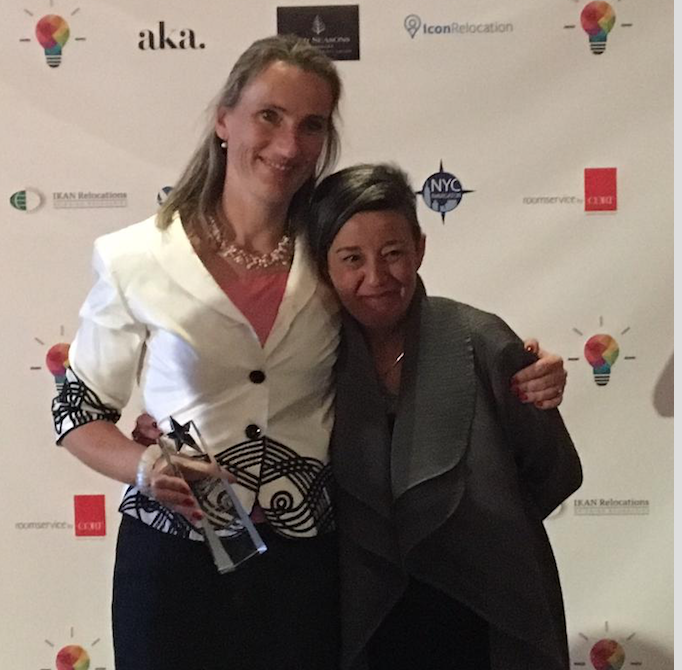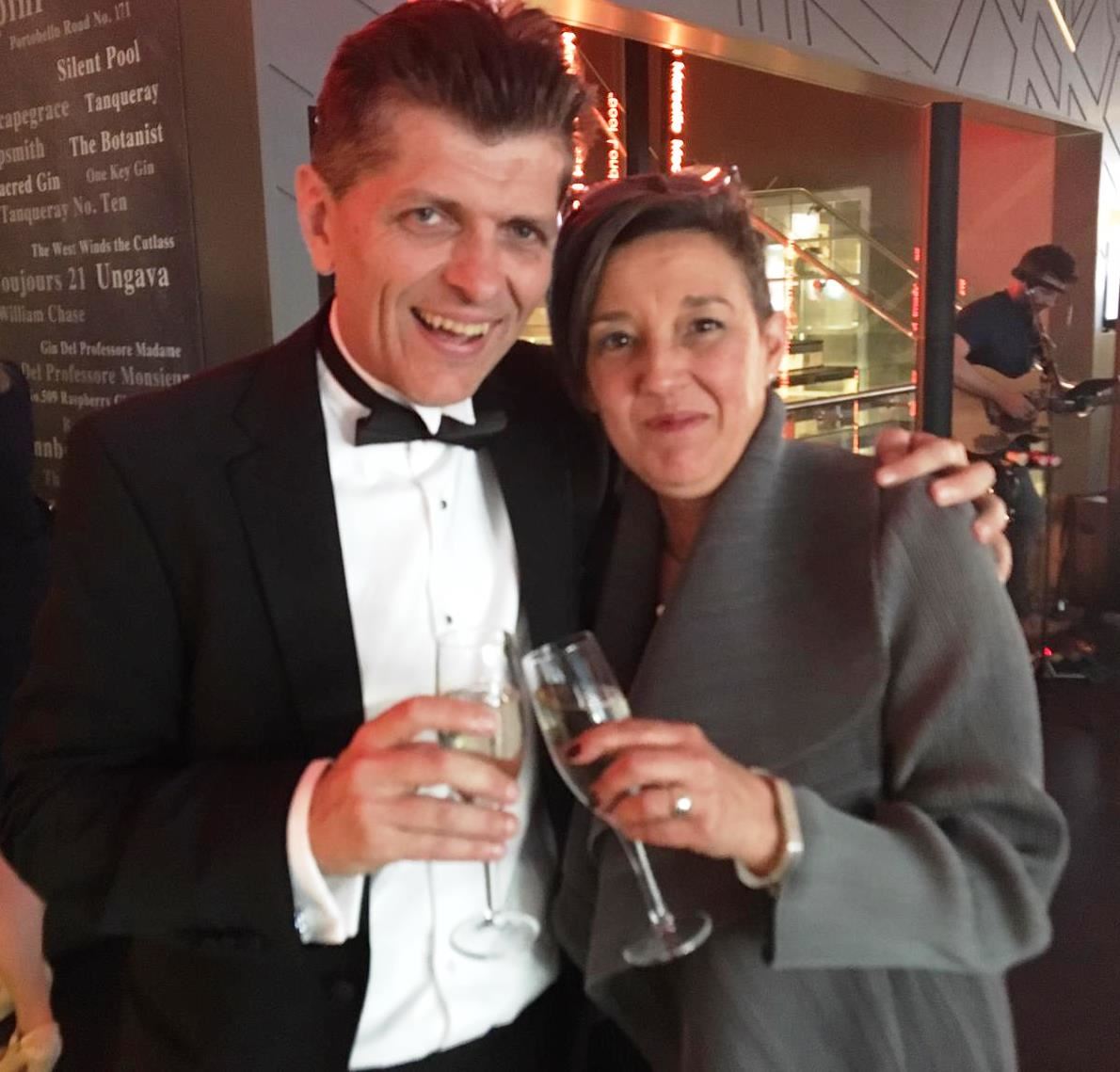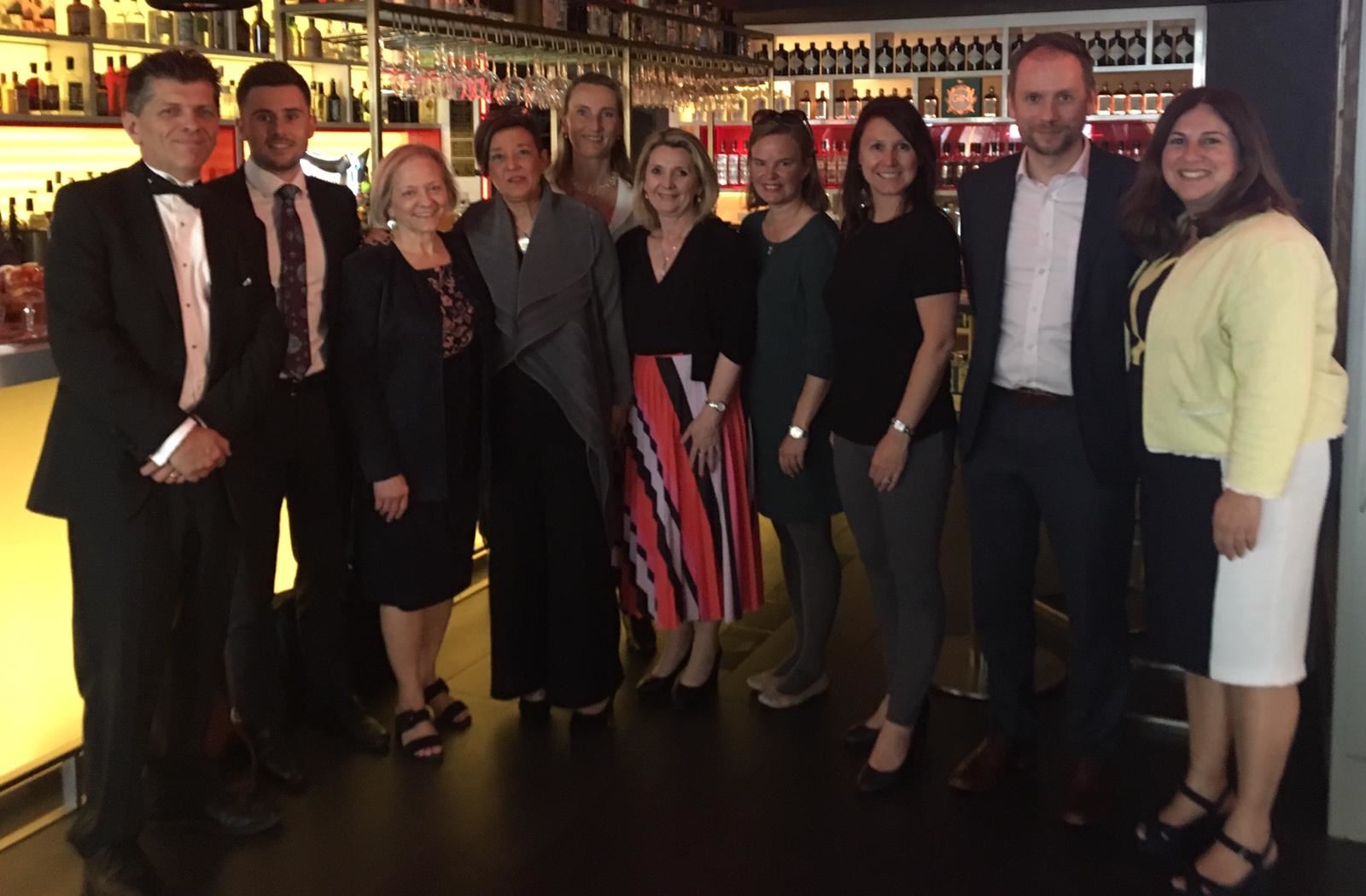
The Renaissance St Pancras Hotel was this year’s spectacular backdrop for a groundbreaking night for Families in Global Transition. From humble roots around Ruth van Reken’s kitchen table in Indianapolis to a truly international organization celebrating its 21st year, FIGT has touched the lives of countless individuals, families and organizations navigating international transition.
At this year’s ceremony, Families in Global Transition was recognized for this work, winning the Excellence in Employee & Family Support at the 2019 Relocate Awards.
In addition, we delighted to see so many of our FIGT family also recognized, including Board Member Anne Lessle, winning Best Research Contribution - Academic Research, and ACCESS, receiving highly commended in the Excellence in Employee and Family Support.
Ruth van Reken, one of those founding members, was heartfelt in her response:
“When first hearing about this award, I felt a rush of emotions--joy, gratitude, awe, and completion. Joy that after the initial birth pangs four women felt at my kitchen table 21 years ago, the baby we ultimately gave away for adoption has indeed become an adult!
Second, gratitude. Gratitude for all who have nurtured her into this adulthood.
Third, awe. Awe that her amazing adult beauty and power are now visible and recognized by others.
Fourth, completion. Completion such as parents feel while watching a child graduate and know their baby has been launched to continue growing in new ways not yet fully seen.
Yes, the dream begun at the same kitchen table from which I write these words has happened above all we could have asked or hoped for. My heart is satisfied.”
The Relocate Awards have earned a reputation as the industry gold-standard for their independence and recognition of creative and innovative approaches to global mobility. Over 60 entries made the independent judges’ shortlists this year, highlighting the huge energy employers, global mobility service providers, education consultants, schools, HR and global mobility experts are directing towards meeting today’s talent challenges in innovative ways.
Echoing a sentiment that has long been at the core of FIGT’s mission -- to support the growth, success and well-being of people crossing cultures around the world - Relocate Global’s managing editor Fiona Murchie noted:
“Every entry, shortlisted, highly commended and category winner, is the result of untold hard work and commitment to the cause of putting people at the heart of global mobility. All our winners have made an outstanding contribution to their companies and people’s lives and we congratulate everyone on their achievement.”
 On the evening of the Relocate Award Gala evening, FIGT Members Simon Fitch of TASIS and Deborah Valentine of ACCESS-Netherlands (both also shortlisted for an Award) hosted a friends of FIGT who available to join in the celebrations.
On the evening of the Relocate Award Gala evening, FIGT Members Simon Fitch of TASIS and Deborah Valentine of ACCESS-Netherlands (both also shortlisted for an Award) hosted a friends of FIGT who available to join in the celebrations.
True to the FIGT 'reunion of strangers' character, Deborah and Simon were delighted to reconnect with FIGT Sponsor, the International Family Law Group, represented by Lucy Greenwood, Anne Lessle and Claudine Hakim (also short-listed members); FIGT2019 conference presenter Edward Cole and colleague and Simon’s colleague Mary Mitchell.
Added to the joyful group were some future members, as well as friends of friends: Samantha Davidson, Geraldine Collett and Stacey Vickers - yet another shortlisted candidate and ACCESS Partner from The British School in the Netherlands.
All in all, a wonderful array of friends new and old!


